What You Need To Know About Body Odor – The Top 6 Essential Oils for Body Odor (And How to Use Them)
The Top 6 Essential Oils for Body Odor (And How to Use Them)
Overview
Body odor can be embarrassing and make you look like an unhygienic person. Although antiperspirants and deodorants are widely available in the market, many people are concerned about the safety of these chemical-laden products.
Fortunately, nature offers a wide range of plant aromas that can help combat the problem. Using essential oils for body odor not only helps remove the bad smell but also comes with numerous emotional benefits. Unlike commercial products, essential oils do not simply mask body odor. Instead, they help prevent the growth of bacteria responsible for it.
Read on to explore the top essential oils for body odor and how to use them.
What causes body odor?
Your skin has numerous apocrine glands that produce an odorless, colorless fatty substance. On its own, your sweat has no smell. However, moist and warm conditions can cause bacteria and fungi to grow on your skin, especially in armpits and genital areas. These microbes release various chemicals and enzymes, imparting a pungent odor to your sweat.
Elevated stress levels, hormonal fluctuations, anxiety, menstruation, and certain foods can make your body odor stronger than usual. Diabetes and certain medications are also known to cause this problem.
The best essential oils for body odor
1. Lemongrass
Lemongrass has been used for centuries as a natural deodorant and antiperspirant. It has a deeply complex and nuanced aroma, which resembles the scent of fresh lemons—but with strong herbaceous, earthy, and grassy undertones.
Popularly used as a room freshener and natural bug repellent, lemongrass instantly boosts spirits and makes you feel invigorated. Research suggests that it contains strong bactericidal and antifungal properties. It has been found effective against a range of microbes that thrive on human skin and cause infections, including candida, ringworm, Cutibacterium (the acne-causing bacteria), and Staphylococcus (the bacteria responsible for bad body odor).
Apart from naturally deodorizing your skin and elevating your mood, lemongrass also makes you less attractive to mosquitoes, cockroaches, wasps, and various common insects.
Lemongrass is not just for your skin; it can also be used to make your home smell great! Research shows that its vapors can kill fungi spores, viruses, bacteria, parasites, and other airborne pathogens and purify the indoor air naturally, leaving a refreshing aroma behind.
Lemongrass has a strong, almost overpowering scent, which can make some people uncomfortable. Make sure to use a lower concentration of this oil, especially if you are putting it on the skin. When used in blends, lemongrass can easily dominate all other scents. So, if you want to make a DIY deodorant with essential oils, adjust the concentration of lemongrass accordingly. Remember, a little goes a long way.
2. Patchouli
Cherished for its alluring aroma and mood-balancing properties, patchouli has been used since time immemorial to improve personal hygiene and wellness. It is commonly found in antiseptic creams, body lotions, soaps, sanitizers, natural deodorants, room fresheners, and cleaning agents.
Numerous studies have suggested that patchouli possesses strong antimicrobial properties and can be used to prevent bacterial growth. In one study, it was found effective against multiple strains of Staphylococcus bacteria that live on human skin.
Moreover, patchouli is immensely beneficial for skin health and is considered one of the best essential oils for aging and mature skin. It provides mild protection against UV rays, balances skin pH, tightens pores, controls excessive sebum production, and boosts collagen production.
Patchouli has a nuanced aroma that can be described as musky, woodsy, and earthy, with slightly spicy undertones. Although widely considered a masculine fragrance, this soulful aroma is well-loved by both genders and is said to have nootropic qualities.
3. May chang (Litsea cubeba)
May Chang oil comes from a medicinal tree native to Southeast Asia, which commonly goes by the name of Mountain pepper or Chinese pepper. In traditional Chinese medicine, this oil has been used since antiquities to fight fatigue, anxiety, low mood, and depressive symptoms.
May Chang has a bright citrus aroma that is said to create a sense of optimism and joy. Its fragrance can be described as having a citrus note with fruity, sweet, spicy, and slightly floral nuances. Its scent is often compared with lemongrass but has a sweeter note.
May Chang works as a natural antiperspirant and helps eliminate bad odors. It is particularly effective for controlling excessive sweating in the underarm skin and is commonly used for this purpose. When used regularly, it can also help lighten underarm skin and clear out pimples.
The aroma of May Chang oil is incredibly complex and is neither too masculine nor too feminine, making it one of the best deodorizing essential oils on the planet.
4. Ylang-Ylang
Famed for its unparalleled intoxicating aroma, Ylang-Ylang is celebrated as a symbol of love, purity, beauty, and sensuality in many cultures. It enjoys high regard in aromatherapy for its emotional health benefits and wound-healing properties. Its intensely floral, sweet aroma is said to create a sense of euphoria and promote cheerfulness.
Ylang-Ylang is proven to have profound effects on the endocrine system and can help balance hormones. It can help prevent bad body odor caused by hormonal disturbances, hot flashes, and menopause (which is known to affect body odor).
Studies have suggested that its harmonizing aroma can improve mood and lower stress levels, heart rate, and blood pressure—which can naturally prevent stress sweat. Your stress sweat (released when you are anxious or stressed) is different than your normal sweat. When you are stressed, your body triggers a rush of multiple hormones that make your sweat smell worse than usual.
Ylang-Ylang is widely regarded as one of the best-smelling essential oils and is often found in perfumes and deodorants.
5. Lavender
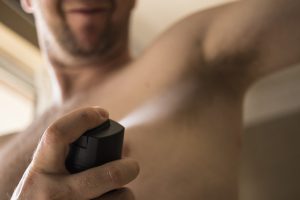
It has antibacterial and antiseptic properties, making it effective in controlling the growth of bacteria responsible for body odor. Using lavender on the skin also comes with numerous side benefits, like enhanced wound healing, protection against fungal infections, better mood, and improved skin hydration.
Apart from pampering your skin with loads of nourishment, lavender also soothes your senses and gives you long-lasting freshness.
6. Pine
Extracted from the needle-like leaves of the pine tree, pine needle essential oil is famed for its distinctive woodsy, earthy, balsamic aroma that gives you a feeling of the fresh, damp forest. In the ayurvedic tradition, this medicinal oil has been used for centuries for its cleansing, detoxifying, soothing, and wound-healing properties.
Research suggests that it contains antiseptic and antibacterial properties that can help improve personal hygiene and prevent bacteria growth. Pine oil is therapeutically used in aromatherapy to reduce stress levels, boost mindfulness, balance hormones, and improve focus.
Here are some other pleasant-smelling essential oils for controlling body odor.
- Lemon
- Sweet basil
- Tangerine
- Bergamot
- Sweet orange
- Cedarwood
- Juniper berry
- Geranium
- Sandalwood
- Rosemary
- Thyme
How to use essential oils as deodorant
Bath
Using essential oils in your bath is the simplest way to enjoy their deodorizing benefits. Mix 2-3 drops with a tsp of carrier oil and add the mixture to your bathwater.
Underarm roll-on
Mix 5-6 drops of essential oil with 10 ml of extra virgin olive oil in a roller bottle. Apply on your underarms whenever you like.
Deodorizing body spray
For making a natural deodorant spray with essential oils, you will need the following ingredients:
- 6 ounces of distilled water (filtered water can be used)
- 15-18 drops of essential oil
- 1 tablespoon witch hazel
- 1 teaspoon vegetable glycerine
- 8-ounce glass spray bottle
Mix all ingredients in the spray bottle. Shake well and store in a cool, dark place. Spray on your armpits, wrists, chest, or anywhere you want. Oil and water do not mix well together. So, remember to give it a good shake before every use.
You can also add a tablespoon of any herbal hydrosol (preferably basil, sage, or lavender) for enhanced skin benefits.
Potential risks of using essential oils for body odor
Essential oils are generally considered safe and are well-tolerated by most people. However, they can cause irritation in some people. If you are trying some oil for the first time, consider performing a patch test before use.
Cold-pressed citrus peel oils can make your skin sensitive to UV rays. Avoid direct sun exposure for at least 12 hours after topical use.
Final thoughts
Essential oils are a natural way to control excessive sweating and body odor. Research suggests that these pleasant aromas can promote cleanliness and help control the growth of bacteria and fungi. Moreover, they come with wide-ranging emotional benefits such as improved mood, lower stress levels, enhanced focus, and better hormonal function.
Essential oils are also gentle on sensitive skin and can help soothe pimples, rashes, itching, and irritations. However, adulterated and synthetic oils can potentially irritate the skin. For skin uses, always make sure to buy high-quality oils from a trusted supplier.
For natural and healing remedies, products, and supplements that can help you live your most optimal healthy life, visit our store here!
To Your Health!
References
https://www.ncbi.nlm.nih.gov/pmc/articles/PMC4170112/
https://www.ncbi.nlm.nih.gov/pmc/articles/PMC3217679/
https://www.ncbi.nlm.nih.gov/pmc/articles/PMC3813264/
https://www.ncbi.nlm.nih.gov/pmc/articles/PMC6982929/
https://www.sciencedirect.com/science/article/abs/pii/S0962456206000087
https://www.ncbi.nlm.nih.gov/pmc/articles/PMC4534619/
https://pubmed.ncbi.nlm.nih.gov/16807875/
https://www.nature.com/articles/s41598-022-13908-5
https://www.ncbi.nlm.nih.gov/pmc/articles/PMC4794938/

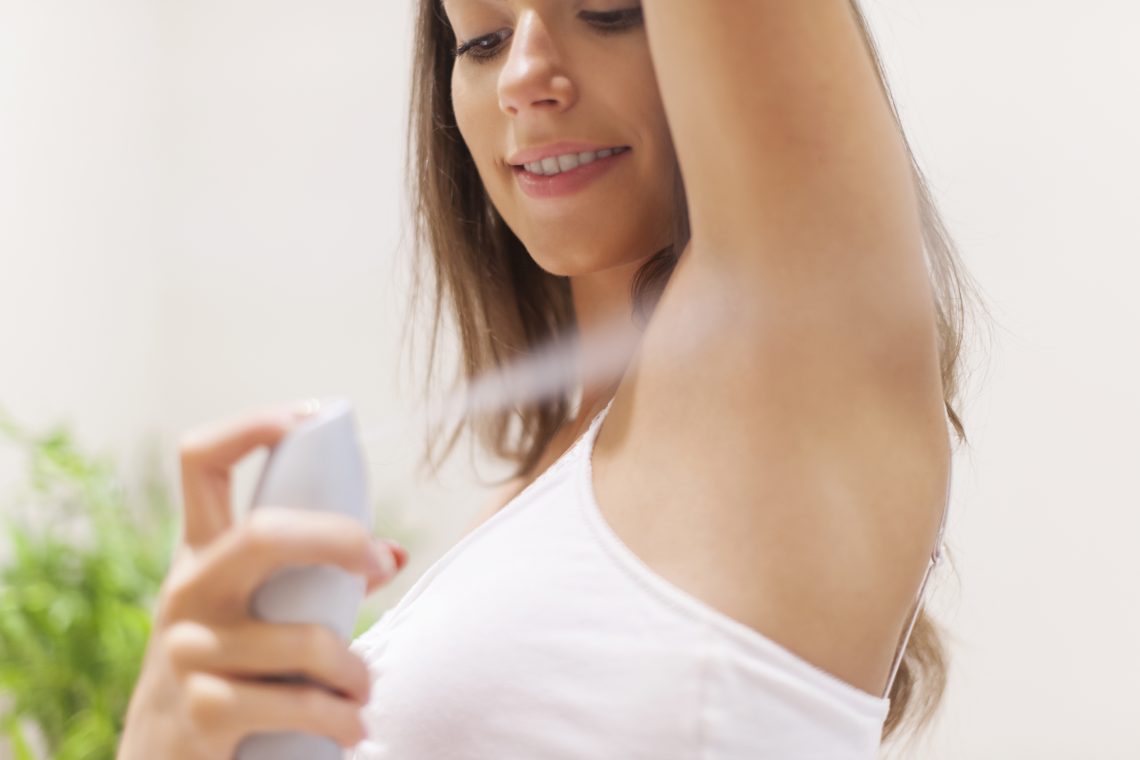
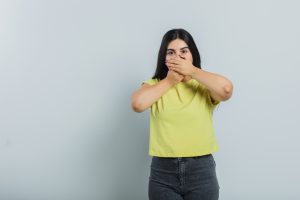
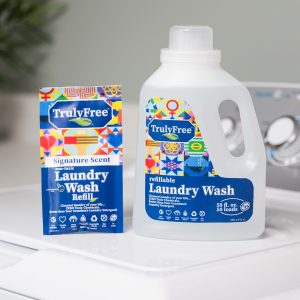


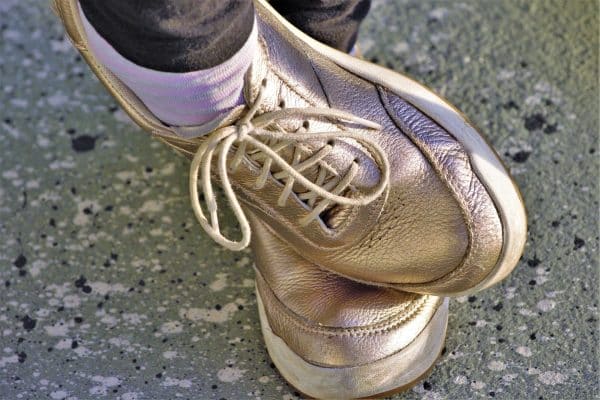
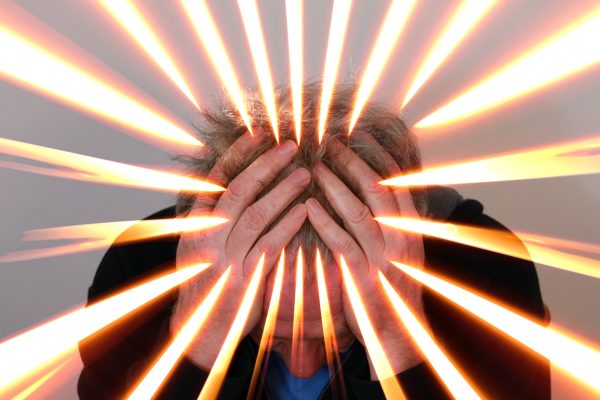
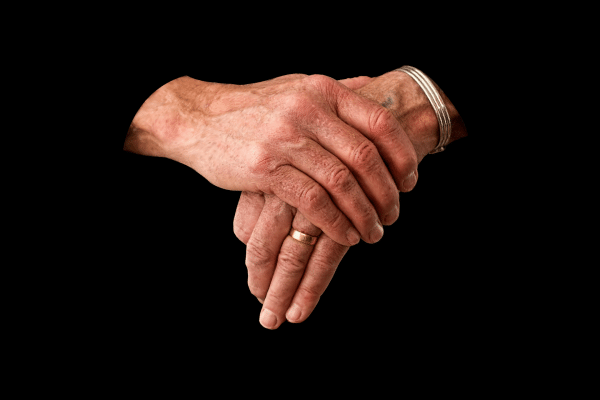




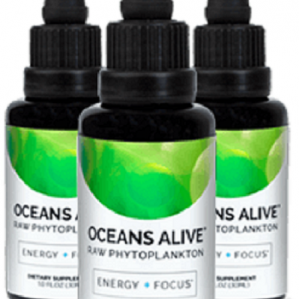
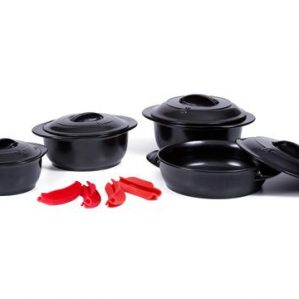
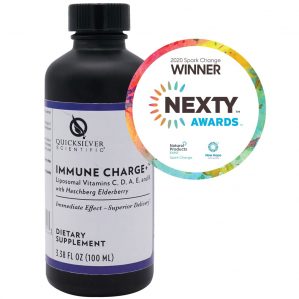
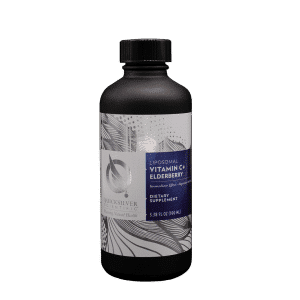











0 Comment